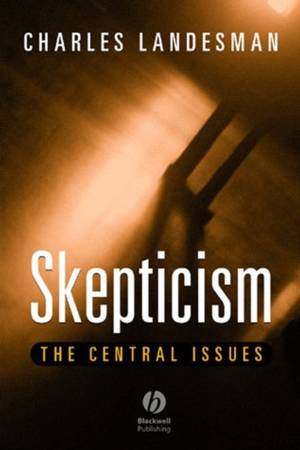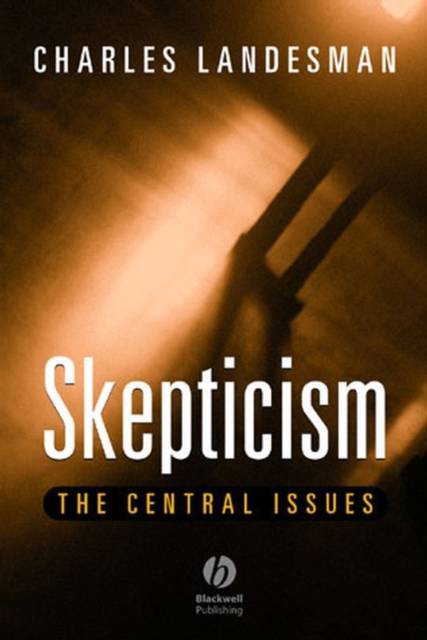
- Retrait gratuit dans votre magasin Club
- 7.000.000 titres dans notre catalogue
- Payer en toute sécurité
- Toujours un magasin près de chez vous
- Retrait gratuit dans votre magasin Club
- 7.000.0000 titres dans notre catalogue
- Payer en toute sécurité
- Toujours un magasin près de chez vous
Description
This book presents and analyzes the most important arguments in the history of Western philosophy's skeptical tradition. It demonstrates that, although powerful, these arguments are quite limited and fail to prove their core assertion that knowledge is beyond our reach.
- Argues that skepticism is mistaken and that knowledge is possible
- Dissects the problems of realism and the philosophical doubts about the accuracy of the senses
- Explores the ancient argument against a criterion of knowledge, Descartes' skeptical arguments, and skeptical arguments applied to inductive inference and self-knowledge
- Uses Moore's proof of an external world and the reliabilist conception of knowledge to illustrate that the traditional skeptical arguments fail to meet their mark.
Spécifications
Parties prenantes
- Auteur(s) :
- Editeur:
Contenu
- Nombre de pages :
- 224
- Langue:
- Anglais
Caractéristiques
- EAN:
- 9780631213550
- Date de parution :
- 08-05-02
- Format:
- Livre relié
- Format numérique:
- Genaaid
- Dimensions :
- 157 mm x 238 mm
- Poids :
- 449 g

Les avis
Nous publions uniquement les avis qui respectent les conditions requises. Consultez nos conditions pour les avis.






